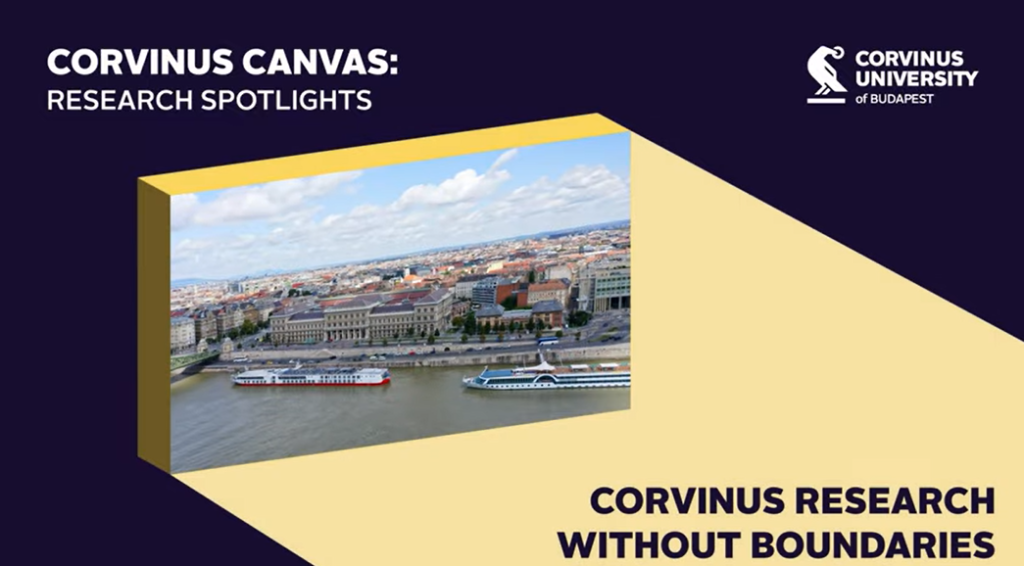Corvinus Centre for Operations Research
OUR RESEARCH FOCUS
The research we conduct focuses on the following areas: game theory, convex optimization theory, algorithms and applications, interior point algorithms for linear complementarity problems, algorithms and applications for multi-objective optimization problems and operations research.
Latest projects in: new applications of algorithmic optimization, game theory & operations research
The objective of this research is to develop new interior point algorithms for linear optimisation, linear complementarity and symmetric cone optimisation tasks. The goal is to create algorithms that can be used to solve larger tasks with greater accuracy and in a more time-efficient manner.
Additionally, the initial computer implementations of the novel algorithms are prepared, and their numerical efficiency is examined on test tasks. The new algorithms are, among other things, closely related to the solution methodology of machine learning and neural networks, which fall within the field of artificial intelligence. Furthermore, data science applications represent another area of application.
We developed a new analysis technique to verify that our algorithms are super-linearly convergent, making them more efficient than many similar algorithms.
MEMBERS
Head of Research Center
Végh László (LSE- CIAS),
Goran Lesaja (Georgia Southern Uni- CIAS),
Papp Dávid (NCS University- CIAS)
PUBLICATION HIGHLIGHTS
J Optim Theory Appl 202, 204–236 (2024).
J Optim Theory Appl 202, 76–107 (2024).
IMPACT
The members of CCOR are active in teaching and supervising graduate students at the Corvinus University of Budapest. We organize monthly workshops and events to provide expertise and disseminate our research results.
Previous partnerships
- Babes-Bolyai University, Romania
- Sapientia University, Romania
- University of Vien, Austria
- London School of Economics, UK
- North Carolina State University-Religh, USA
- University of Pisa, Italy







